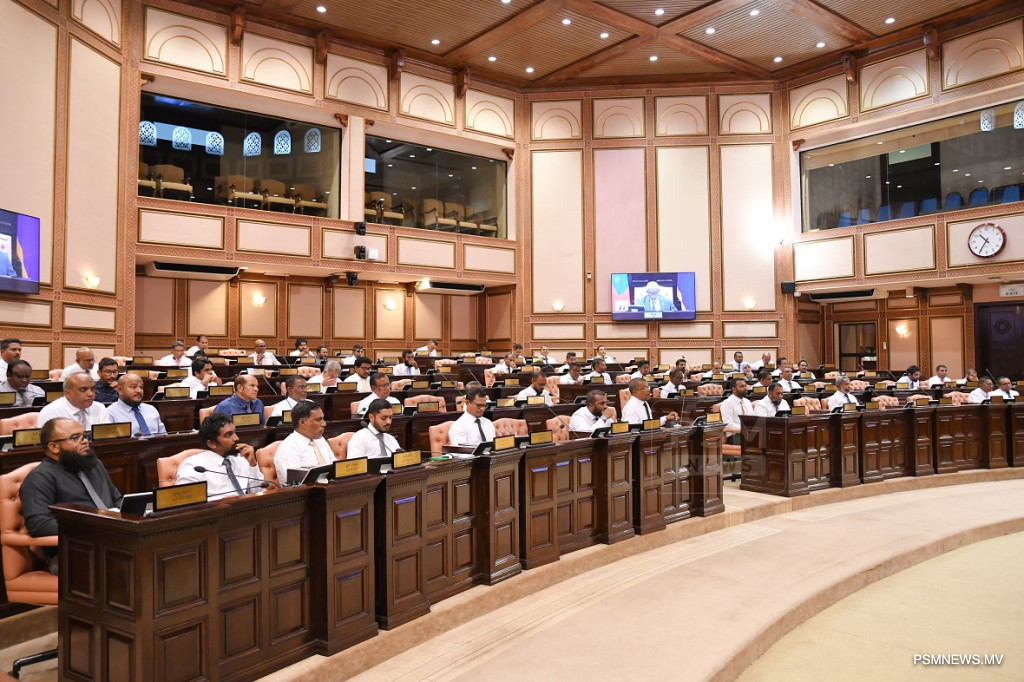
The Parliament on Monday officially passed a landmark piece of legislation that creates a formal legal process for holding public referendums on matters of national importance.
The ‘Public Referendum Bill’ , which passed with 64 votes in favour during an extraordinary sitting on Monday establishes the circumstances under which a referendum can be held and defines the roles of the institutions responsible for proposing and carrying out the vote.
The new law, which was moved on behalf of the government, fills a long-standing gap in legal procedure. While the Constitution permits referendums, there has been no specific law to govern the process until now.
The bill provides for referendums on a range of significant issues, including important matters of public concern where Parliament will decide if these issues should be put to a public vote while calling a general vote on issues of national importance will be decided by the President.
Referendums are now mandated for any proposed changes to certain fundamental constitutional articles, including those concerning:
Fundamental Rights and Freedoms
Parliamentary age determination
The role of the Presidency and how the President is elected
The President's ratification of bills
The sovereign territory of the Maldives
The legislation also includes a provision for a public vote on a constitutional amendment bill if the President does not approve it and returns it to Parliament.
According to the bill, the Election Commission of Maldives (ECM) will be responsible for conducting the vote once a resolution is passed by Parliament or decided upon by the President.
The bill mandates a minimum interval of 45 days between the date on which Parliament passes a resolution or the President issues a decree calling for a vote, and the actual date of the referendum. This window is designed to allow adequate time for public discourse, logistical preparation, and voter awareness. In cases where the vote is confined to a specific region rather than conducted nationwide, the ECM is granted discretion to shorten the timeline.
The Parliamentary Independent Institutions committee also added an article mandating that a referendum will be considered passed if it receives more than 50 percent of the valid votes cast.
All costs associated with conducting the vote will be covered by the state's Consolidated Revenue Fund, and the ECM must be provided with the required budget to hold the vote within 10 days of submission to the Ministry of Finance and Planning.
